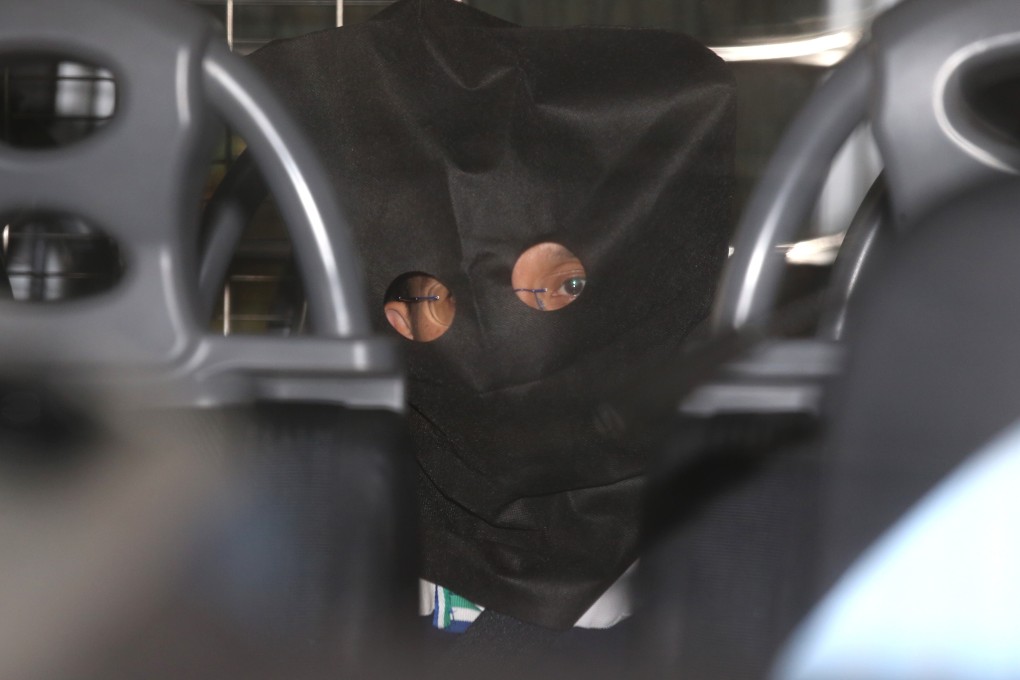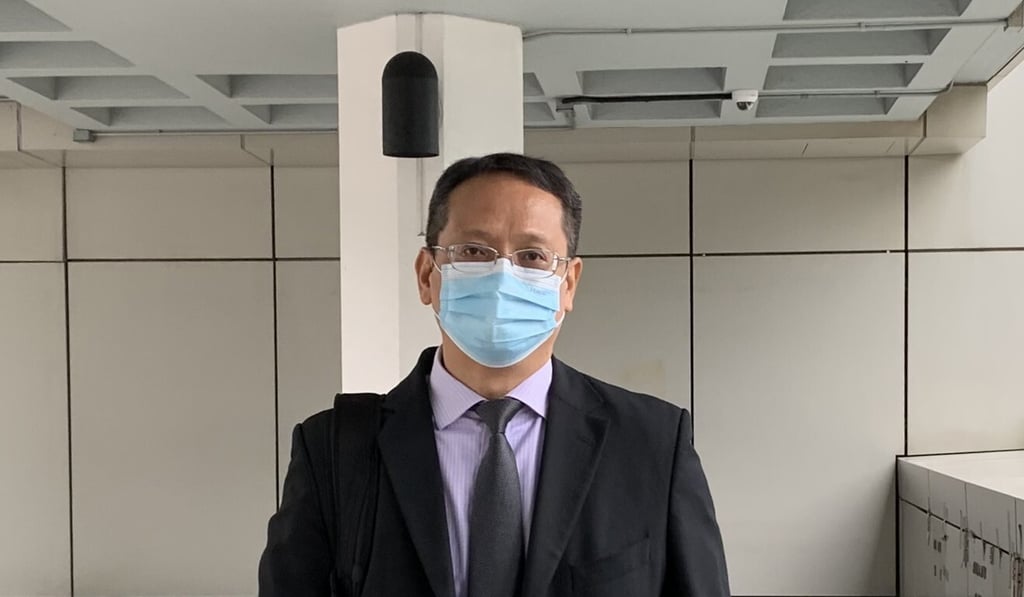Hong Kong professor faced wife’s alleged ‘verbal violence’ for two years, affecting his emotional control, murder trial told
- Psychological abuse of defendant Cheung Kie-chung reached a moderate to serious degree, expert Dr Sammy Cheng tells court
- Psychologist further reveals that the defendant told him ‘he never thought of killing his wife’

A University of Hong Kong professor on trial for murder was a depressive victim of his wife’s chronic psychological abuse but had never thought of killing her, a court heard on Monday.
Clinical psychologist Dr Sammy Cheng Kin-wing concluded that Cheung Kie-chung, 56, had “serious issues in emotional control” and was particularly vulnerable to losing it, especially when he had too much work to do and after he fell seriously ill with a blood infection in April 2018.
But the main cause for his vulnerability was said to be his wife’s difficult personality and the “verbal violence” she allegedly inflicted upon him, to the extent of psychological abuse, which was found to have reached a moderate to serious degree.
“I would say the defendant was a victim of chronic psychological abuse at home [by] the defendant’s wife,” Cheng told a High Court jury. “Because the verbal abuse lasted more than two years, it had an impact on the ability of the defendant’s emotional control.”

Cheung has admitted killing his wife Tina Chan Wai-man, 53, and covering up her death until his arrest on August 28, 2018.